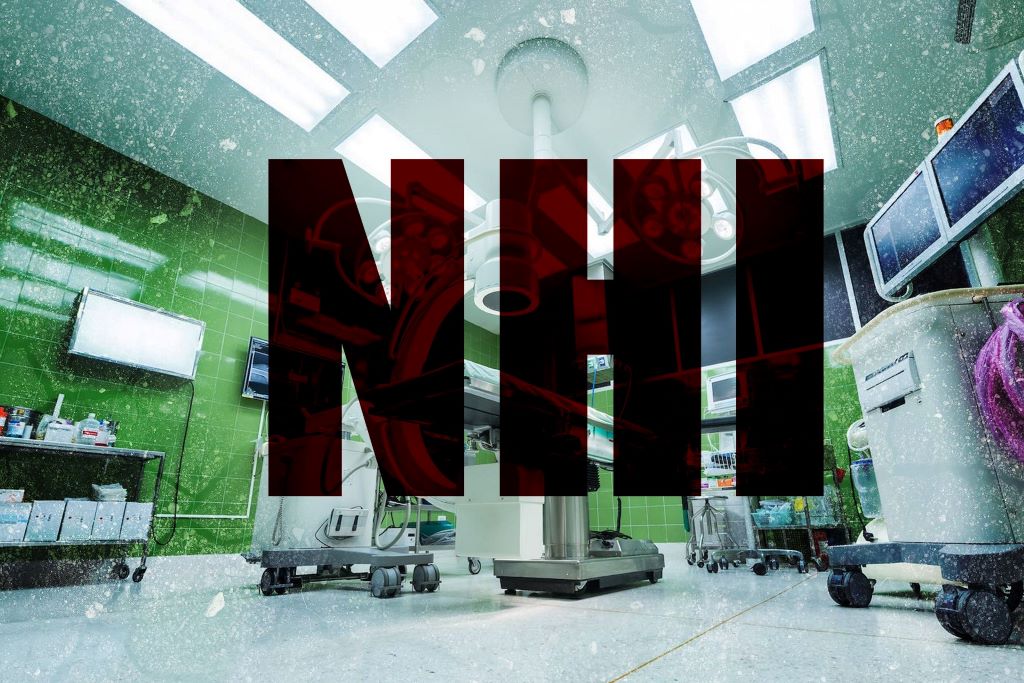Building a Culture of Wellness by Fostering a Healthy and Financially Secure Workforce

By James White, Sales Director at Turnberry Management Risk Solutions
Celebrating Corporate Wellness Awareness Week by highlighting the vital role that companies play in fostering employee health and well-being is not just a matter of timing; it’s a matter of necessity. A healthy workforce is a productive workforce, and a focus on wellness goes beyond just physical health.
This is particularly relevant given that the magnitude of medical expenses has shifted over the years. While common illnesses like influenza pose a threat, the bigger concern lies in hospital stays and unexpected medical procedures. These events can leave employees with significant financial burdens, impacting their well-being and productivity.
The role of employers in mitigating costs
While encouraging healthy lifestyles through fitness programmes and mental health support is vital, ensuring financial security in the face of unforeseen medical expenses is equally important. Employers play a significant role in ensuring their workforce has access to adequate healthcare. Traditionally, medical aid cover has been a common employment benefit, but rising costs have made it less affordable for some employers and their employees. Nevertheless, employers can still help by offering their people assistance through:
- Understanding medical aid options: A knowledgeable broker can guide employers through the complexities of medical aid options. This includes explaining the benefits, limitations, and potential shortfalls associated with each plan.
- Considering primary healthcare: For employees who cannot afford comprehensive medical aid, primary healthcare plans are short-term insurance products that offer access to doctors, specialists, and medication, often with capped benefits for private hospital visits.
- Offering gap cover: Gap cover bridges the gap between medical aid payouts and the actual costs charged by specialists and hospitals, acting as a financial safety net to provide peace of mind for employees facing unforeseen medical expenses.
Common unforeseen medical expenses
- Hospital stays: These can be particularly expensive, with costs varying depending on the condition and treatment required.
- Specialist charges: Specialists often charge above the rates covered by medical aid plans, leaving patients with significant bills.
- Emergency room visits: Even a seemingly minor trip to the ER can result in a hefty bill.
Addressing misconceptions about medical aid
Many employees believe that medical aid offers complete coverage. Brokers can help dispel this myth by explaining the intricacies of the available plan options, such as co-payments, network restrictions, and shortfalls. Some plans limit coverage to specific hospitals or providers, and employees need to be aware of these restrictions to avoid surprise costs, while certain medical aid plans require co-payments for specific procedures or medications, leaving employees with out-of-pocket expenses. Even with medical aid, specialists’ fees often exceed the amount reimbursed and gap cover addresses these shortfalls.
Financial security boosts workplace wellness
By offering (and even subsidising) a combination of medical aid, primary healthcare options, and gap cover, employers can significantly improve the well-being of their people. This is because financial security in the face of medical emergencies will reduce stress and boost morale. Employees with peace of mind regarding healthcare costs are more likely to be happy, productive, and less prone to absenteeism.
However, such assistance is more than simply offering access to such benefits. Employers need to ensure that their workforce can make informed decisions about the healthcare benefits available to them by partnering with a qualified broker. The broker can fulfil a vital educational role by conducting informative workshops to explain medical aid options and limitations and advocate for the value of gap cover.
It makes business sense to invest in a healthy workforce
By prioritising a holistic approach to employee wellness that encompasses both physical and financial health, companies can create a thriving workplace environment. Offering a more comprehensive benefits package that includes access to gap cover demonstrates a commitment to employee well-being, ultimately leading to a happier, healthier, and more productive workforce.
About Turnberry Management Risk Solutions
Founded in 2001, Turnberry is a registered financial services provider (FSP no. 36571) that specialises in Accident and Health Insurance, Travel Insurance, and Funeral Cover.
With extensive experience across healthcare and insurance industries in South Africa, Turnberry offers unsurpassed service to Brokers and clients. Turnberry’s gap cover products are available to clients on all medical aid schemes, as they are independently provided and are therefore transferable in the event of a change in the client’s medical aid scheme.
Turnberry is well represented nationally, with its Head Office based in Bedfordview, Johannesburg with Business Development Managers in Cape Town and Durban. The Turnberry Team’s focus on outstanding client service comes from having extensive knowledge and experience in the financial services sector and is underwritten by Lombard Insurance Company Limited. Lombard Insurance Company Limited is an Authorised Financial Services Provider (FSP 1596) and Insurer conducting non-life insurance business.









